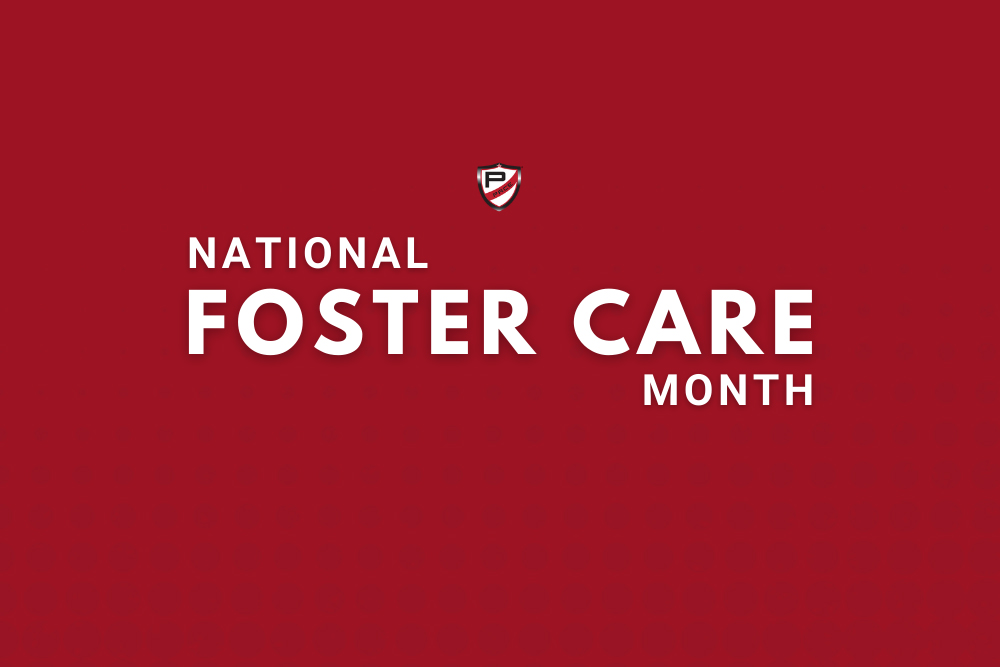Sadly, some children do not have loving homes to grow up in. When their parents and extended family can’t provide for their needs, these children will enter the foster care system. While foster care can have a positive impact, children in the foster system often face tremendous hardships from a very young age. As we observe National Foster Care Month, how can these traumatic experiences adversely affect children’s mental and behavioral health?
The Relationship Between Foster Care and Trauma
When abuse and neglect from their biological families make home life too dangerous, social workers or other authorities can place children into the foster care system. Often, foster children bounce from one placement to the next, unable to find a stable, caring environment. When placed into another home, many children may wonder if they did something wrong or question whether their families still love them. They can also feel confusion, anger, fear and mistrust.
Additionally, while foster programs aim to provide children with a safe place to live until they can reunite with their biological family or find permanent placement through adoption, many foster children age out of the system and end up lacking the support they need to live independently.
These traumatic events can have severe mental health effects that extend into adulthood.
Mental Health Disorders Associated With Foster Care
Adverse childhood experiences like trauma and abuse are among the strongest predictors of adult mental and behavioral health problems. Since foster care children are so vulnerable, it shouldn’t be surprising that they are at an increased risk of negative long-term outcomes like these.
- PTSD
- Substance use disorders
- Reactive attachment disorder
- Anxiety
- Depression
- Borderline personality disorder
- Social phobia
- Oppositional defiant disorder
- Conduct disorder
- ADHD
- Self-harm
- Separation anxiety
- Eating disorders
Children and adolescents who have learned from an early age that the world is an uncertain, hostile or dangerous place might start abusing drugs and alcohol because they have grown up without positive role models and examples of healthy coping behavior. As a result, they can develop an addiction that makes their mental health worse, creating a vicious, self-perpetuating cycle.
Treating Adoption-Related Issues
Many children who are fortunate enough to get adopted out of the foster care system still grow up with significant emotional difficulties, such as trust issues and a lack of self-worth. These insecurities and attachment problems can make it harder for them to establish healthy, secure relationships.
At PACE Recovery, we have worked with many adoptees, and we’ve seen firsthand how many issues they struggle with. Our desire to help adoptees heal is at the heart of our specialized adoption programming, which we’ve developed in partnership with nationally recognized adoption expert Brett Furst. This program focuses on addressing the underlying causes of mental health issues and addiction while fostering healthy, secure attachment styles in a safe, supportive environment.
If you’d like to learn more about our treatment approach, how we address co-occurring disorders and the in-depth mental health services we offer for young men, please reach out to speak to one of our knowledgeable admissions counselors.



